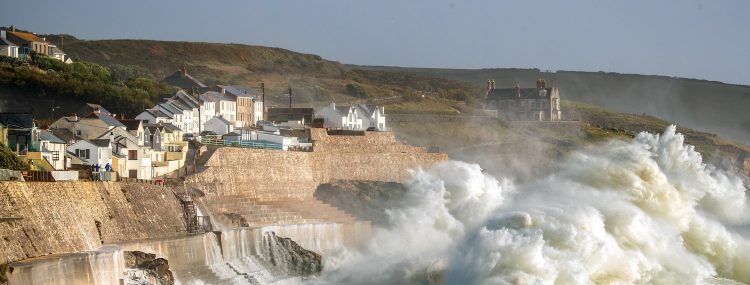I went to one of the breakout rooms where there was a debate on E-voting and Democracy.
It was chaired by Michela Palese of the Electoral Reform Society who introduced a panel consisting of Areeq Chowdhury from Webroots Democracy & Prof Mark Ryan of Birmingham University, who supported the motion that E-Voting was good and Louise Ferguson of the ORG and Ross Anderson from the Foundation for Information Policy Research who were more sceptical.
Chowdhury’s argument is based on convenience and accessibility.
Ryan was more nuanced and firstly posed the question of time scales, I am unclear if he believes its possible to solve the issue, or that it might become so, that a single system can be built that offers transparency of a result and secrecy of ballot, but he did raise the question of if we can do banking why not elections and answered it in that remediating banking errors is easy compared with remediating a flawed and broken election. The latter is an issue we should all understand because of the Brexit referendum but we should recognise that IT errors caused the failure of Greenwich Nat. West and nearly brought down Knight Capital, so some banking errors are not so easy to remediate.
Ryan quoted Australia, Estonia and the US as places where e-voting is used, but there are problems in all three countries, some of it reported in this blog and much of it catalogued in Chapter 23, “The Bleeding Edge” pages 759-763 of Prof. Ross Anderson’s book, “Security Engineering”.
Ferguson argued that IT does not solve the access problems but did not mention the digital divide. She also addressed the issue of the anti-democratic nature of the adtech industry due to its opaque bidding structures. She argued to ban adverts during elections; it’s a reflection of the arguments made in the TU and Labour movements that postal balloting puts the power in the hands of the press, in particular the Murdoch press. She was also the first person to raise the issue of the unlimited use of postal votes and the extension of the vote to ex-pats. Both these initiatives can be seen to have been done for partisan reasons, but the ex-pat thing has blown up in the Tory’s faces as they seek to regain their votes in the referendum and British citizens in Pakistan claim the same rights as those living on the Costa-del-Sol.
These motivations led me to note that no-one is talking about coercion and personation.
Ross Anderson also opposing started his speech with the statement that elections and democracy have a long kill chain. I am not sure if that’s the right use of the term, but I need to read a bit more before I get into an argument with him. He identified determining who can vote, issues of impersonation, vote capture and counting all as areas where as I.T. is introduced, more vulnerabilities come with it. He is adamant that there must be a paper trail to ensure the count is verifiable. Much of what he thinks he has put into his book, “Security Engineering” and elections are covered in Chapter 23, pages 759-763. Anderson also attacked the political parties for opening their leadership franchises to their memberships and is particularity hostile to Ed Miliband in letting people vote for £3.
In summing up, the Chair and Ferguson stated that the real answer is political culture, involving both voting to elect governments, but that governments should distribute decision making to local authorities and citizen assemblies and juries.
Someone spoke of the Trade Unions using e-voting systems, in fact they don’t and for many of their ballots, it is prohibited, so I set them right.
So that I didn’t feel to far away from home, someone raised a Point of Order on the vote about the time scales at which benefits to e-voting might accrue, probably a LibDem but the motion was crushed. People that understand don’t like it. …


